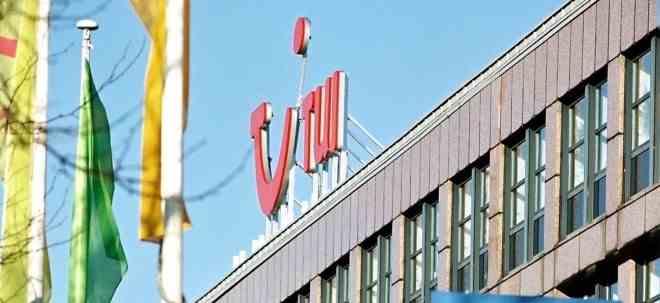As the tourism group TUI announced, it has concluded an agreement with the Federal Government’s Economic Stabilization Fund (WSF) on the return of stabilization measures. This is to be refinanced via capital increases.
TUI intends to fully repay the silent participation made by the WSF in January 2021 with a nominal value of 420 million euros and the remaining option bond with a nominal value of 59 million euros by the end of 2023. As a result, the Group also regains the option rights to TUI shares. The repayment price, including compensation for the value of the conversion rights and accrued interest, is at least EUR 730 million. In addition, TUI intends to further significantly reduce the credit lines granted by KfW.
The approval of the general meeting for the capital increases has been available since February. As a prerequisite, however, the share capital is to be reduced, which is to be proposed to the shareholders at the Annual General Meeting in February 2023. The TUI shares will be merged at a ratio of 10 to 1, reducing the share capital from EUR 1.785 billion to EUR 179 million. The reduction amount of 1.606 billion euros will be allocated to the capital reserve and will not be distributed. The difference between the expected market price of the TUI share after the merger and the lowest issue price of EUR 1.00 will thus be increased and capital increases will be possible at normal market conditions.
“Our goal was always clear: we want to return the state aid we received during the pandemic as quickly as possible in order to reduce our net debt and interest burden,” said TUI boss Sebastian Ebel.
TUI reduces loss significantly – holiday demand jumped
The world’s largest travel group TUI could soon be back in the black thanks to a significantly more stable tourism business after the Corona crisis. The largest travel provider posted a bottom line loss of 277 million euros in the past 2021/2022 financial year (until the end of September). However, the Hanoverians succeeded in reducing the net deficit to less than a tenth of the previous year’s figure (EUR 2.47 billion). Before taxes and interest and adjusted for other factors, the group earned around 409 million euros according to information from Wednesday, in 2020/2021 it had lost over 2 billion euros on this basis.
Customer bookings had increased noticeably in the past few months, and the TUI Group was gradually working its way out of the slump in demand during the pandemic. “The summer was strong,” said CEO Sebastian Ebel. TUI was able to benefit from the rebound in travel demand, and the prices for many holiday offers went up. At around 16.5 billion euros, sales for the year as a whole were around three and a half times as high as the year before.
At the same time, after being rescued by the state in 2020, the group had to shoulder additional interest costs for loans. However, TUI has now announced the next steps to repay the aid. The outlook for the coming months is also positive: bookings for winter 2022/2023 are stable, and there is a great desire to travel. After things went up in pre-market Tradegate trading, the TUI share temporarily lost 8.03 percent in XETRA trading to EUR 1.58.
FRANKFURT (Dow Jones) / HANNOVER (dpa-AFX)
Leverage must be between 2 and 20
No data
More news about TUI
Image sources: TUI

